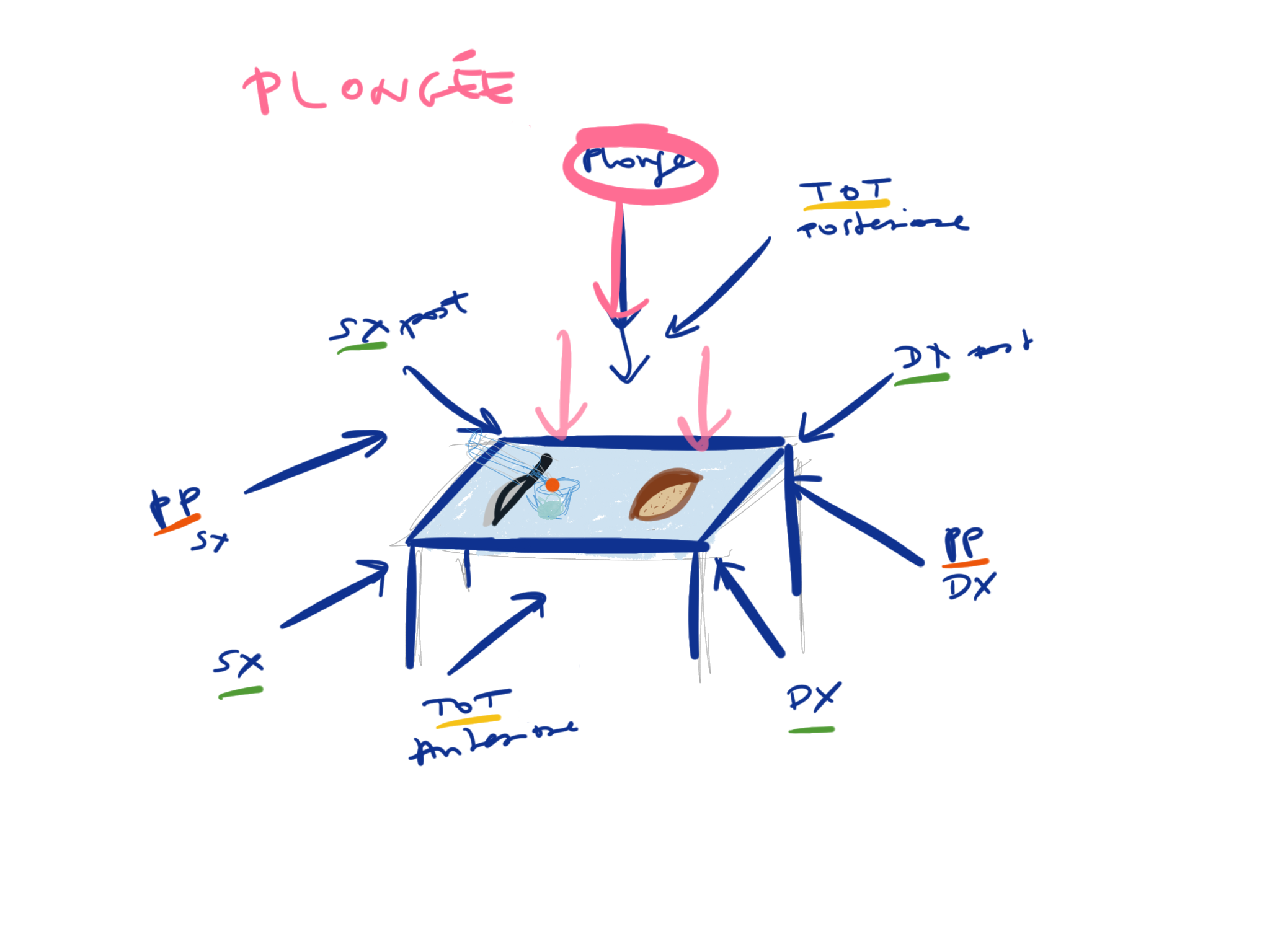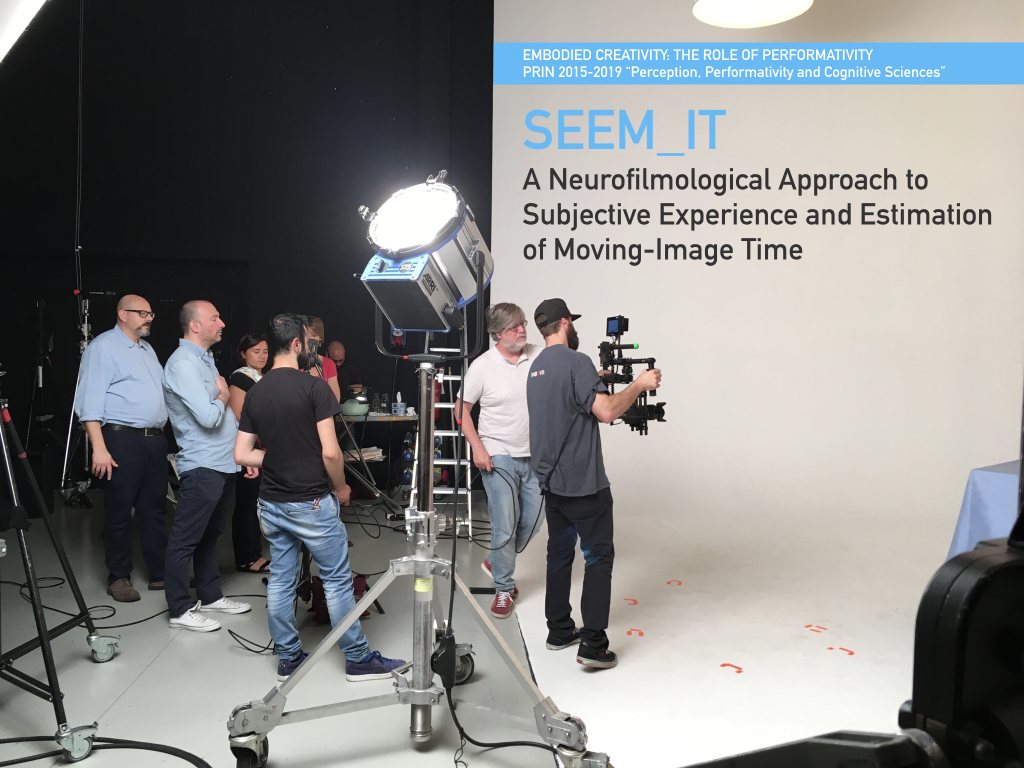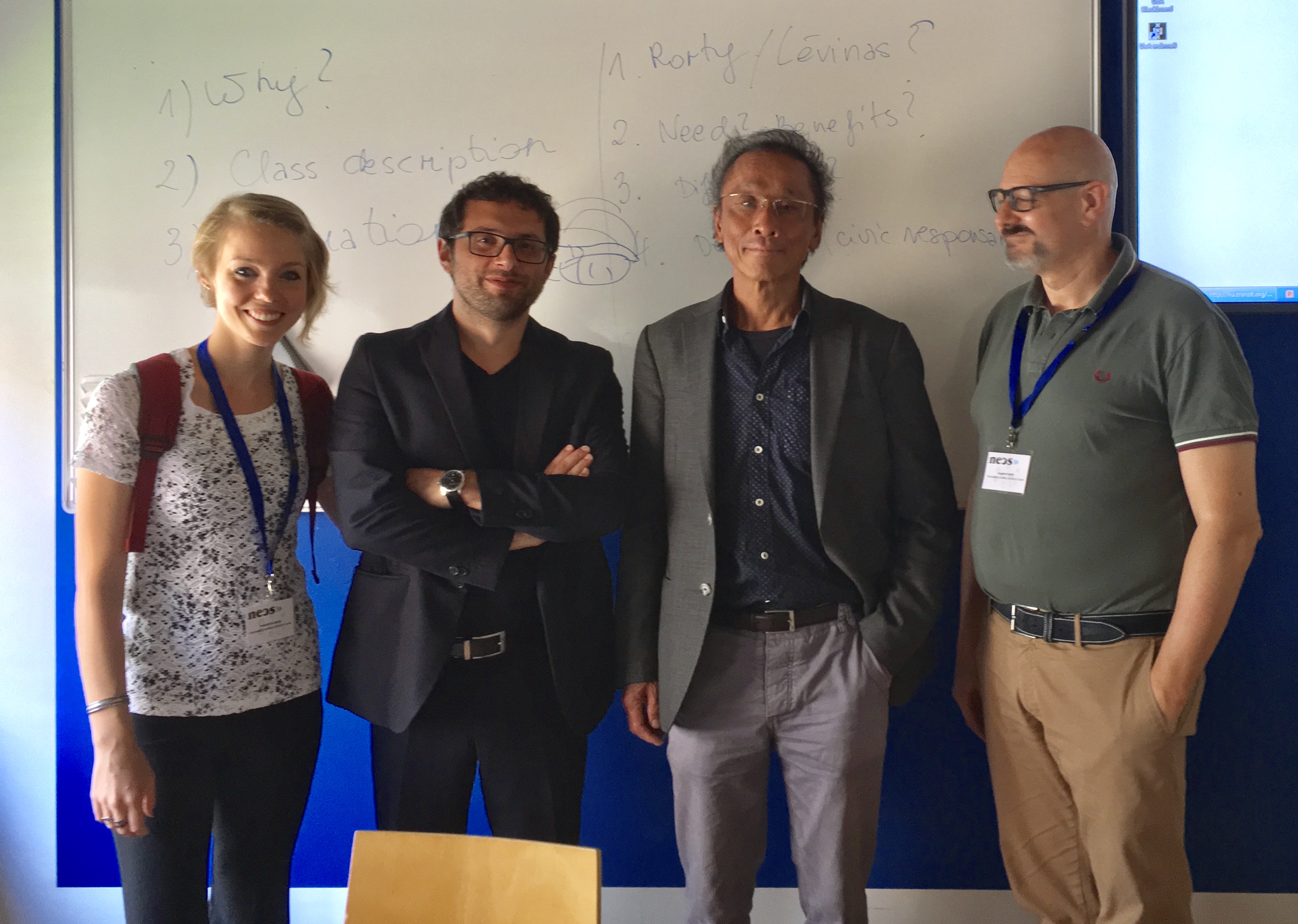Embodied time at the movies

As we exit a movie theatre after watching a film, we frequently have the impression that time flew or dragged by, or even that a single scene seemed to pass slower or faster than it actually did. Time perception at the cinema depends on a complex combination of several factors, both objective and subjective… But despite the complexity and apparent impenetrability of the matter, a research team of filmogists and psychologists led by Ruggero Eugeni (and of which I am part together with Stefania Balzarotti and Federica Cavaletti) conducted an empirical study on how film editing and type of the character’s actions affect the spectators’ time perception.

We called it #SEEM_IT “Subjective Experience and Estimation of Moving-Image Time” and a chapter included in a visionary book on The Extended Theory of Cognitive Creativity edited by Antonino Pennisi and Alessandra Falzone now presents and discusses the findings within the theoretical framework …





